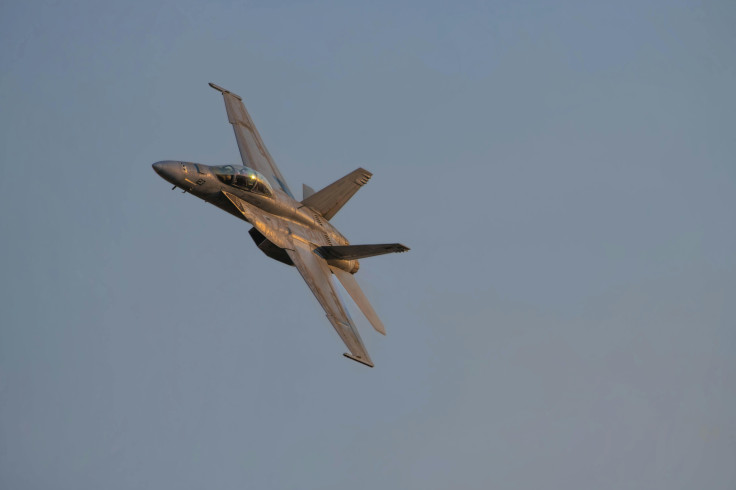Yemen Houthi Prime Minister Assassinated: Is a New Regional War on the Horizon?
Thousands gathered in Sanaa to mourn the slain Houthi leader

Yemen's rebel movement, the Houthis, confirmed that their prime minister, Ahmed Ghaleb al-Rahawi, was killed in an Israeli airstrike on Thursday in Sanaa, raising fears of a new regional escalation.
The precision strike, confirmed by both Israeli officials and Houthi sources, targeted a gathering of senior leaders, leaving several ministers wounded and sparking warnings of retaliation.
The Assassination of Ahmed al-Rahawi
The strike hit a building in the capital, Sanaa, where Houthi officials were meeting. Al-Rahawi, who had served as prime minister of the Houthi-led administration, was killed instantly alongside a number of aides. The Houthis condemned the attack as a 'cowardly act' and vowed to continue their fight. Deputy Prime Minister Muhammad Ahmed Miftah has been appointed to assume al-Rahawi's duties until a successor is chosen.
The incident marks the highest-profile killing of a Houthi leader since the group took control of northern Yemen in 2014. Thousands gathered in Sanaa to mourn al-Rahawi, with speeches from Houthi leaders emphasising resistance against what they described as Israeli aggression.
Israeli Justification and Military Objectives
Israel's military confirmed it had carried out the airstrike, stating that it targeted Houthi leaders responsible for planning and executing attacks on Israeli-linked assets, the Associated Press reported.
The operation was part of a wider campaign launched in May 2025 that has struck airports, ports, power stations and military sites across Yemen. Officials described the killing of al-Rahawi as a 'significant blow' to Houthi command structures.
Analysts note it is the first time Israel has managed to eliminate a figure as senior as the prime minister of the Houthi administration. Previous Israeli strikes have focused primarily on infrastructure and weapons facilities.
Houthi Response and Threats of Retaliation
Houthi officials vowed to continue their campaign of attacks following al-Rahawi's death. In a televised statement, senior members of the movement warned that they 'shall take revenge.'
'We promise to God, to the dear Yemeni people and the families of the martyrs and wounded that we will take revenge,' said Mahdi al-Mashat, the group's supreme political council.
In recent months, the Houthis have targeted commercial shipping in the Red Sea and Gulf of Aden, claiming to strike vessels with links to Israel.
The death of their prime minister raises concerns that such attacks could intensify and expand beyond maritime routes. Security experts fear retaliatory strikes could hit energy infrastructure or trigger new waves of regional instability.
Broader Regional and International Context
The assassination comes just months after the United States and the Houthis agreed to a limited ceasefire in May 2025. That agreement, brokered by Oman, saw the Houthis halt attacks on American vessels but explicitly excluded Israel.
Between March and May, the US military launched 'Operation Rough Rider', a campaign of air and naval strikes aimed at degrading Houthi missile and drone capabilities. While the ceasefire temporarily reduced tensions with Washington, it did little to calm hostility between the Houthis and Israel.
Observers note that Iran, a key backer of the Houthis, may increase its support in response to the latest Israeli strikes, potentially drawing in Gulf states such as Saudi Arabia and the UAE.
Humanitarian Fallout for Yemen
The assassination and continued air campaign have deepened Yemen's humanitarian crisis. Strikes have destroyed Sanaa International Airport, disrupted Hodeidah Port and left large sections of the country's power grid in ruins.
Aid agencies warn that nearly 400,000 children under the age of five face severe acute malnutrition, while millions more depend on food imports that are increasingly difficult to deliver. Relief groups have expressed concern that further escalation will obstruct humanitarian corridors, leaving civilians trapped in worsening conditions.
Maritime Security and Global Trade Implications
The Red Sea remains a flashpoint, with the Houthis intensifying attacks on shipping since July. Vessels linked to Israel and international carriers have been forced to reroute, adding days to transit times and raising insurance costs.
Analysts warn that prolonged instability could disrupt vital energy supplies and push global shipping costs higher. With the Houthis threatening further strikes after al-Rahawi's death, maritime operators are bracing for new disruptions.
Security experts caution that the assassination risks drawing the conflict beyond Yemen's borders. Iran is expected to deepen its support for the Houthis, while Gulf states such as Saudi Arabia and the UAE monitor developments closely. While not yet a regional war, observers describe this as the most volatile moment in Yemen's conflict since 2015.
© Copyright IBTimes 2025. All rights reserved.





















